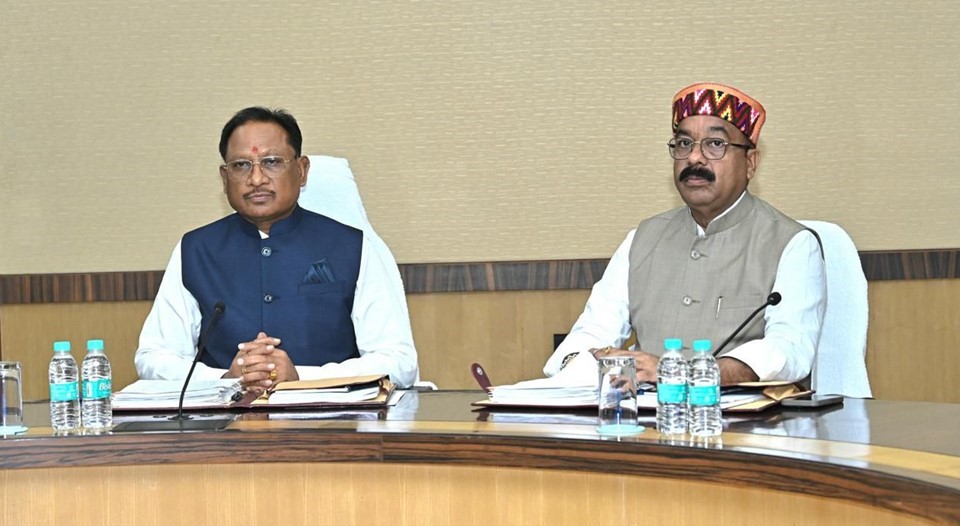Context:
Recently, the Chhattisgarh government announced an increase in Other Backward Classes (OBC) reservation in local body elections in the State.
More on the News
- The decision is based on the recommendations of the State Backward Classes Welfare Commission to adjust OBC reservations in line with their population share.
- New Quota Limit: The increase in reservation quota doubles the OBC reservation in Chhattisgarh’s 3-tier panchayat and urban local bodies from 25% to 50%.
- This new provision will also apply to State-level reserved positions, including district panchayat Chairpersons, municipal corporation Mayors, and municipality Chairpersons.
Exceptions:
- SC and ST Reservations: The provision specifies that OBC reservations will not be implemented in bodies where the combined Scheduled Castes (SC) and Scheduled Tribes (ST) reservation is already 50% or more.
- Proportional Reservation: In bodies where SC and ST reservations are below 50%, OBCs will be allocated up to 50% reservation, provided it does not exceed the OBC population ratio within that area.
Constitutional Provisions Related to Reservations in Panchayats and Municipalities
- Article 243D (6): This article allows the State Legislature to provide reservations for backward classes if deemed necessary.
- Article 243T (6): Similar to Article 243D, this article enables the State Legislature to offer reservations for backward classes. However, any quota in local body elections must balance social justice with constitutional limitations, including a cap on total reservations.
View of Judiciary on Local Body Reservations
In view of several states increasing the OBC quota in local body elections, a five-judge Constitution Bench of the Supreme Court interpreted Articles 243D(6) and 243T(6) in K. Krishnamurthy vs. Union of India (2010) case.
The SC in this case held while reservations in local governance may help create a level playing field, the barriers to political participation are not the same as that of barriers that limit access to education and employment
While allowing the reservation to local bodies, the SC laid down a “triple test”, which requires –
1) Setting up of a dedicated commission to conduct an empirical inquiry into backwardness specific to local governance,
2) Specify the proportion of reservation required to be provisioned local body-wise in light of recommendations of the Commission, and
3) A cap on total reserved seats (SC, ST, and OBC) not exceeding 50% in any case
In Vikas Kishanrao Gawali v. State of Maharashtra (2021), while striking down Maharashtra’s 27% OBC reservation in local bodies, the Supreme Court reaffirmed the 50% quota and triple test as laid down in K. Krishnamurthy case.

